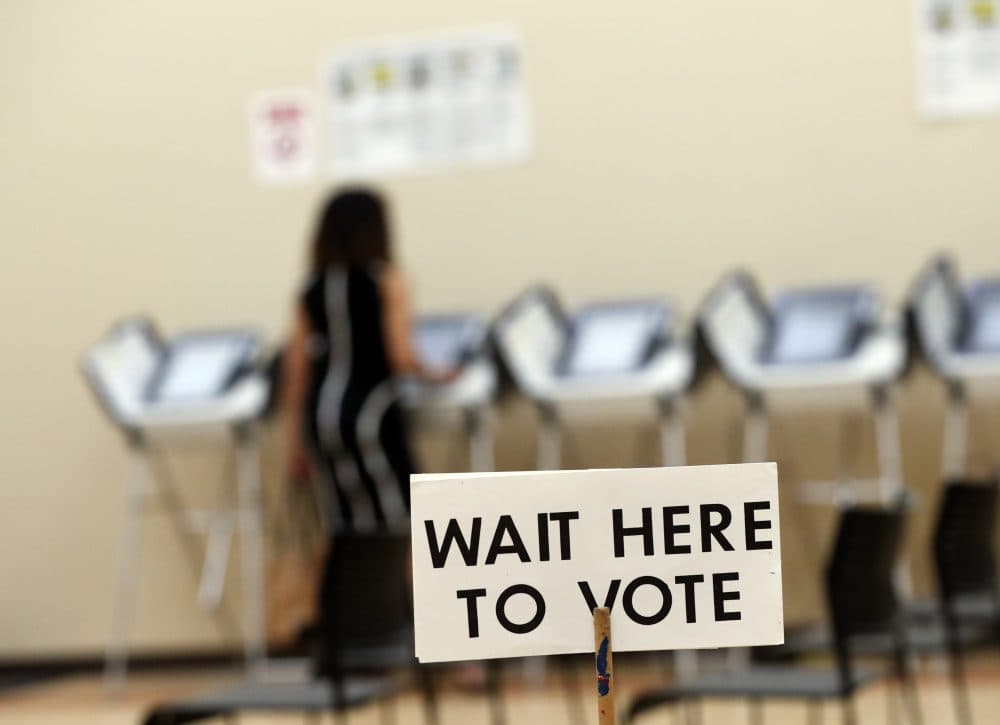Advertisement
How can we protect election integrity in 2024?

On your NPR station today
Fake news websites with names like D.C. Weekly and The Boston Times. AI-generated social media posts.
Russia’s attempts to steer American voters’ perceptions and beliefs are getting more sophisticated. Are government and tech leaders doing enough?
Guests
Will Sommer, media reporter at the Washington Post. He specializes in covering conservative media and conspiracy theories.
Gavin Wilde, senior fellow in the Technology and International Affairs Program at the Carnegie Endowment for International Peace. Served on the National Security Council as director for Russia, Baltic, and Caucasus affairs from 2018 to 2019.
Nina Jankowicz, co-founder and CEO of The American Sunlight Project. Former head of the Department of Homeland Security’s Disinformation Governance Board. Author of “How to Be a Woman Online: Surviving Abuse and Harassment, and How to Fight Back."